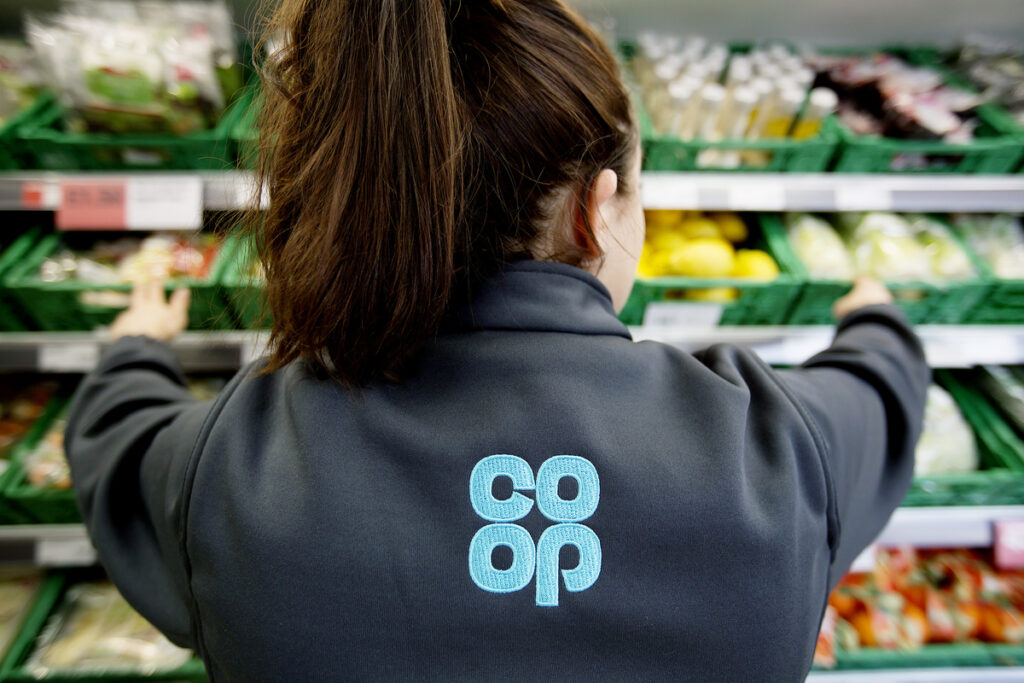Overall shop prices are on the verge of inflation as the cost of food increases and retailers feel overstretched in their ability to shield customers from exchange rate pressures, new data suggests.
According to the monthly BRC-Nielsen Shop Price Index, overall prices dipped by only 0.1 per cent year-on-year in September, compared to the 0.3 per cent decline in August.
It also marks the shallowest level of deflation in the last four years.
Prices on-food items dropped 1.5 per cent in September, a slight acceleration on the 1.3 per cent recorded in August.
However, this has slowed year-on-year when deflation on non-food items stood at 2.1 per cent in September last year.
Meanwhile, inflation food prices increased in September to 2.2 per cent year-on-year, and a sharp jump from 1.3 per cent in August.
Fresh food prices are partly to blame for this, with prices growing from 0.8 per cent in August to 1.8 per cent in September.
Ambient food inflation also rose to 2.7 per cent in September, compared to the 1.9 per cent recorded in August.
READ MORE:
British Retail Consortium (BRC) chief executive Helen Dickinson said a global milk shortage pushing up butter prices, rising global cereal prices, and the approaching end of the UK seasonal vegetable season all had a combined impact on food price inflation.
Meanwhile, retailers’ efforts to shield shoppers from the impact of higher import prices of basic non-food items could come to an end soon, with consumers expected to feel an additional pinch from these products.
“This more challenging outlook for consumers going forward is made more ominous by the recent uptick in producer price inflation – the first since February – which is adding further inflationary pressures on the horizon,” Dickinson said.
“Stretched family budgets will continue to feel the strain as increases in the price of the weekly shop add to overall rising inflation, which continues to outpace wage growth.
READ MORE:
“Consumers and businesses need the government to reach prompt agreement with the EU on the terms of a Brexit transition, to ensure they aren’t faced with a cliff-edge scenario that could mean tariff-related price increases on top of those they are already paying.”
Nielsen head of retailer insight Mike Watkins said: “The uncertainty around the buoyancy of consumer spend has meant that non-food retailers are keeping price increases to a minimum to help maintain sales growth, and whilst shoppers are seeing increases on their supermarket till receipt as the upward pressure on cost prices filters through, some of the shop price inflation is due to the end of seasonal price cuts in fresh foods.
“The good news is that inflation is expected to peak over the next few months and with consumers still uncertain about when and where to spend, we expect competition for discretionary spend to intensify as we head towards the end of the year with more promotional savings for shoppers across all channels.”
Click here to sign up to Retail Gazette‘s free daily email newsletter
















